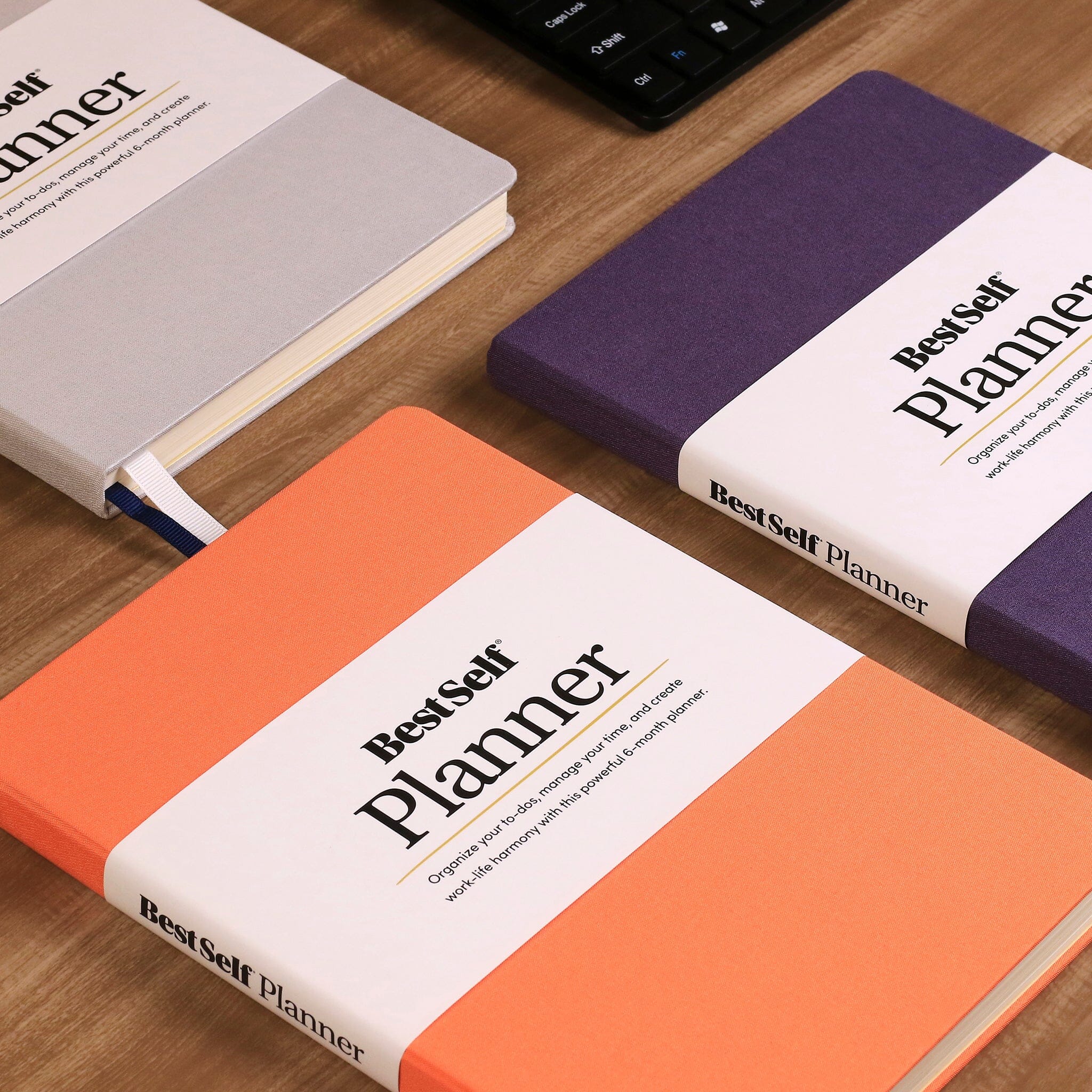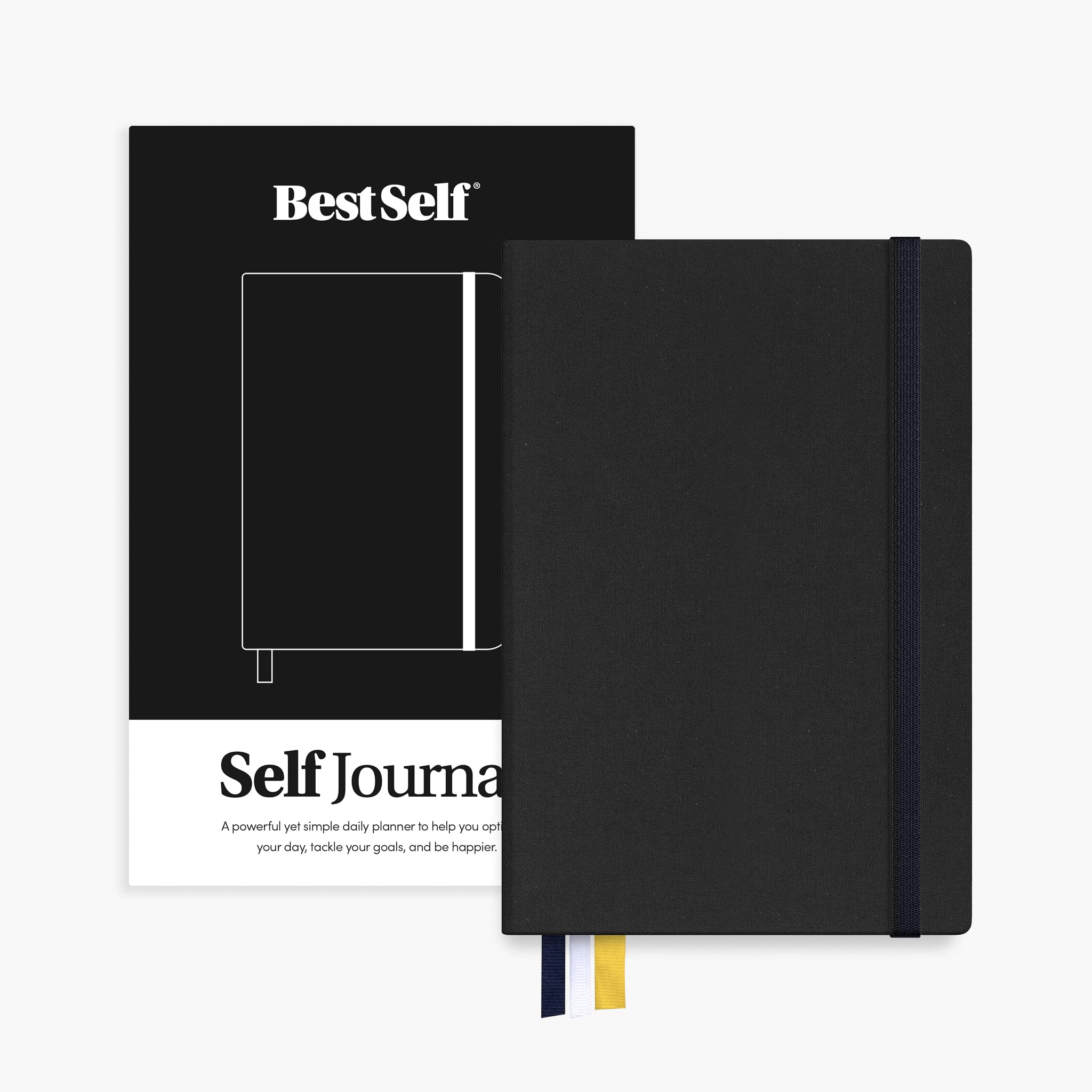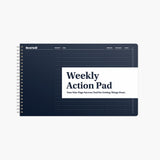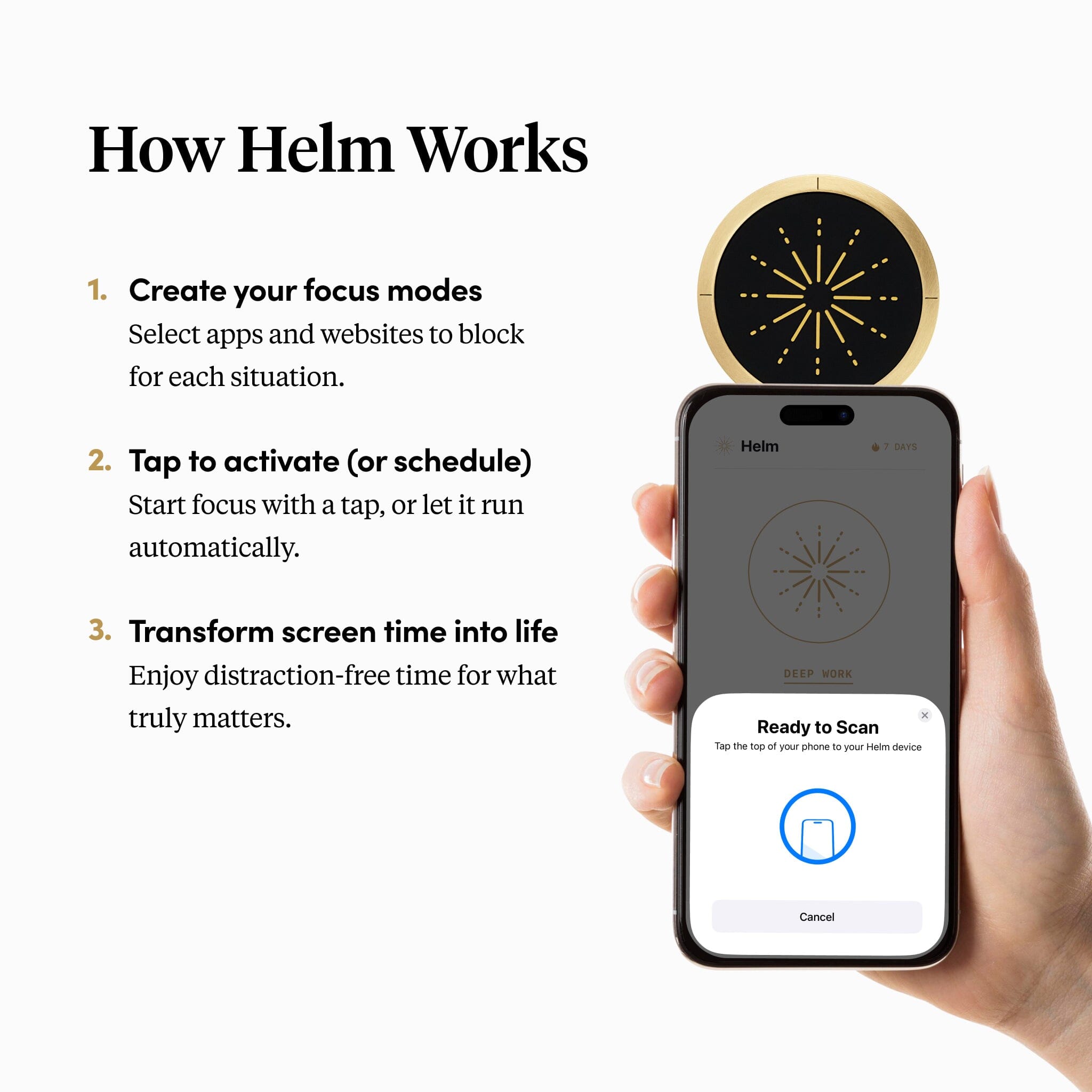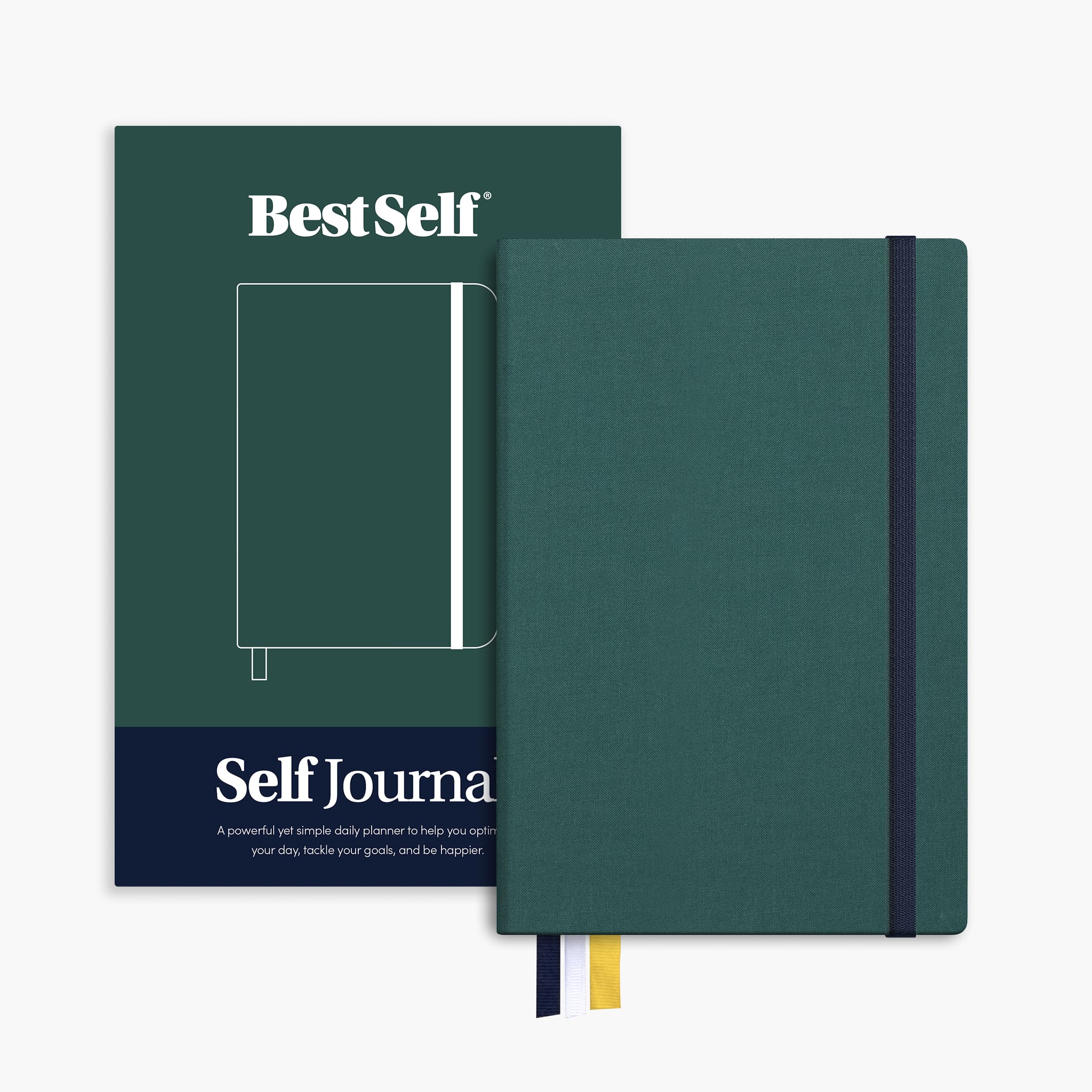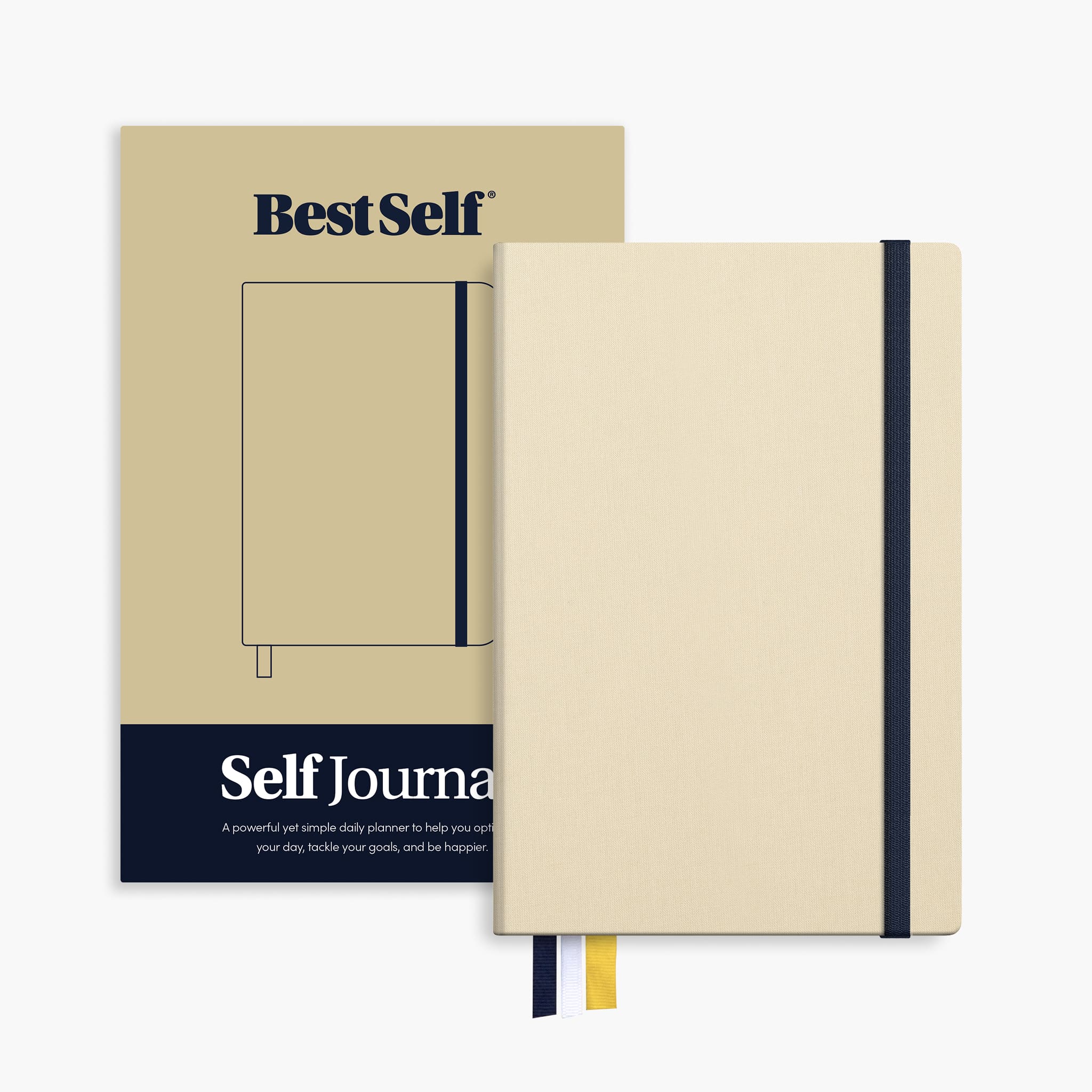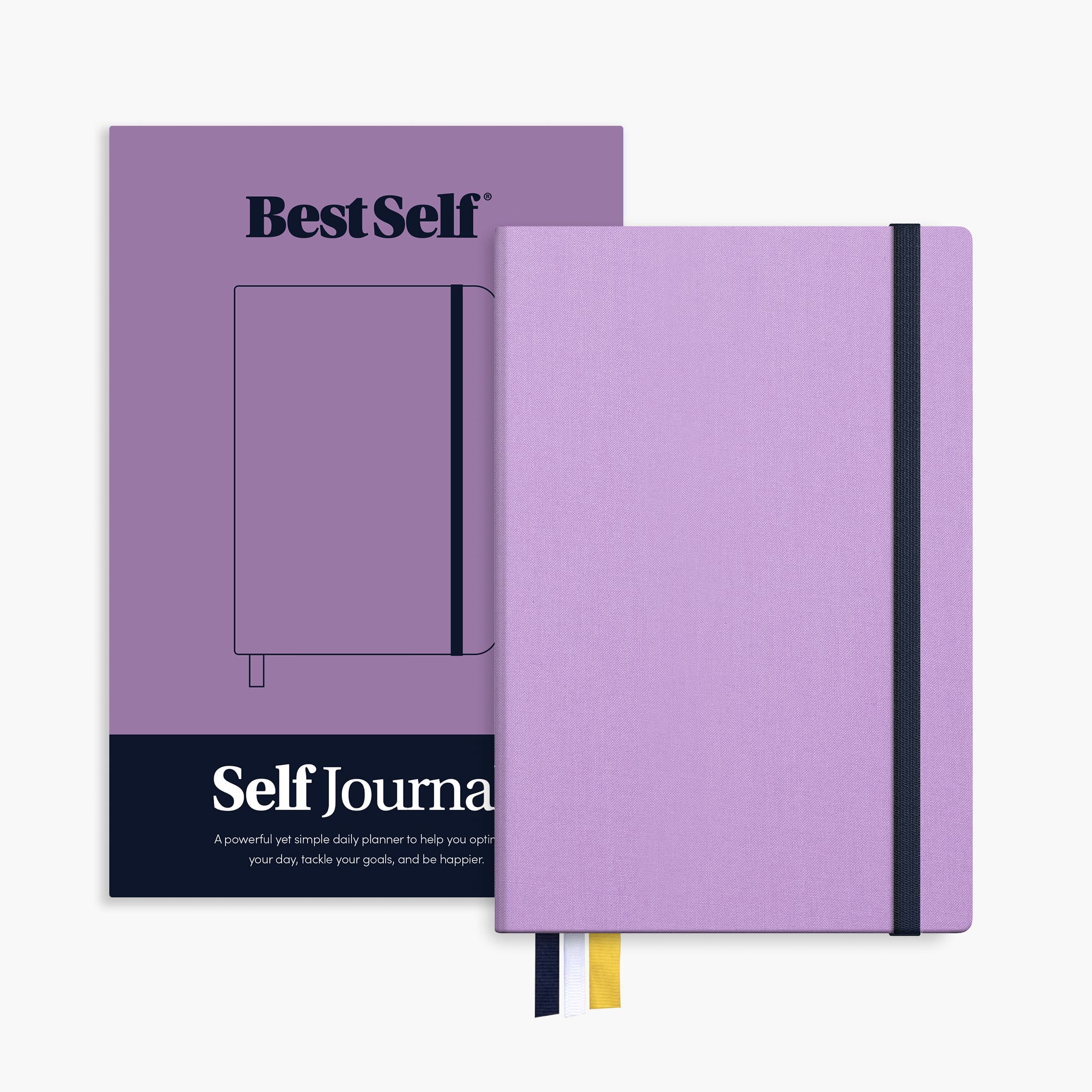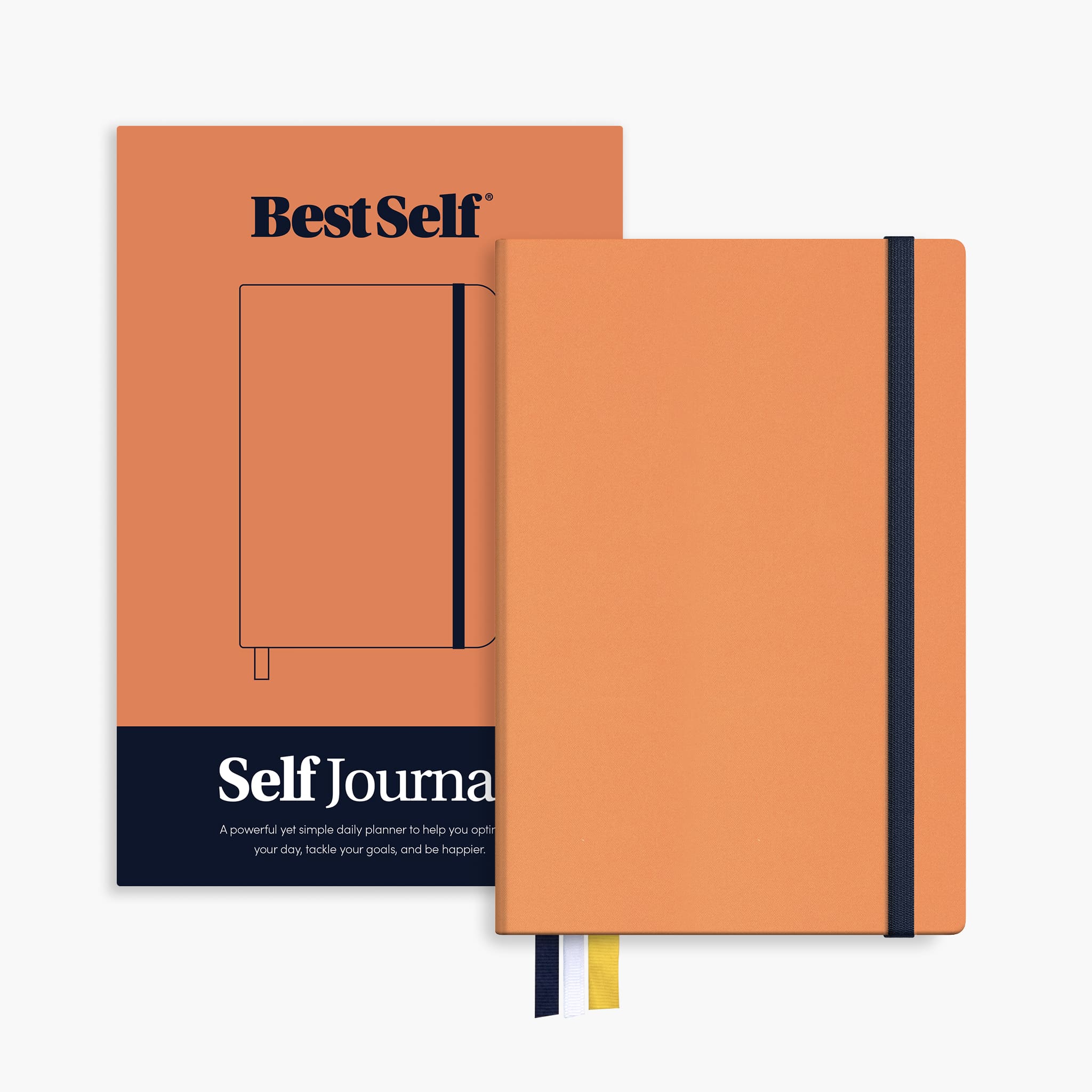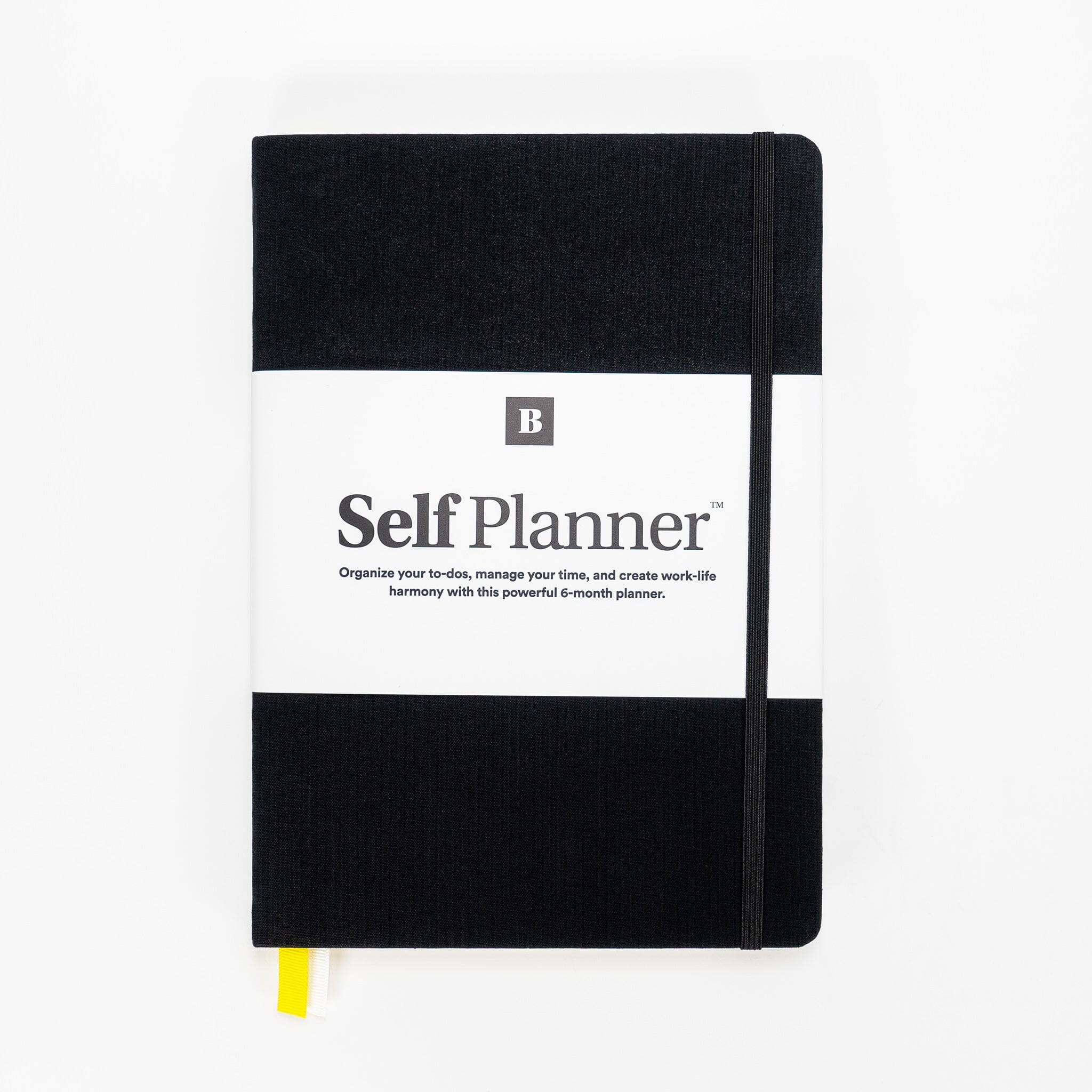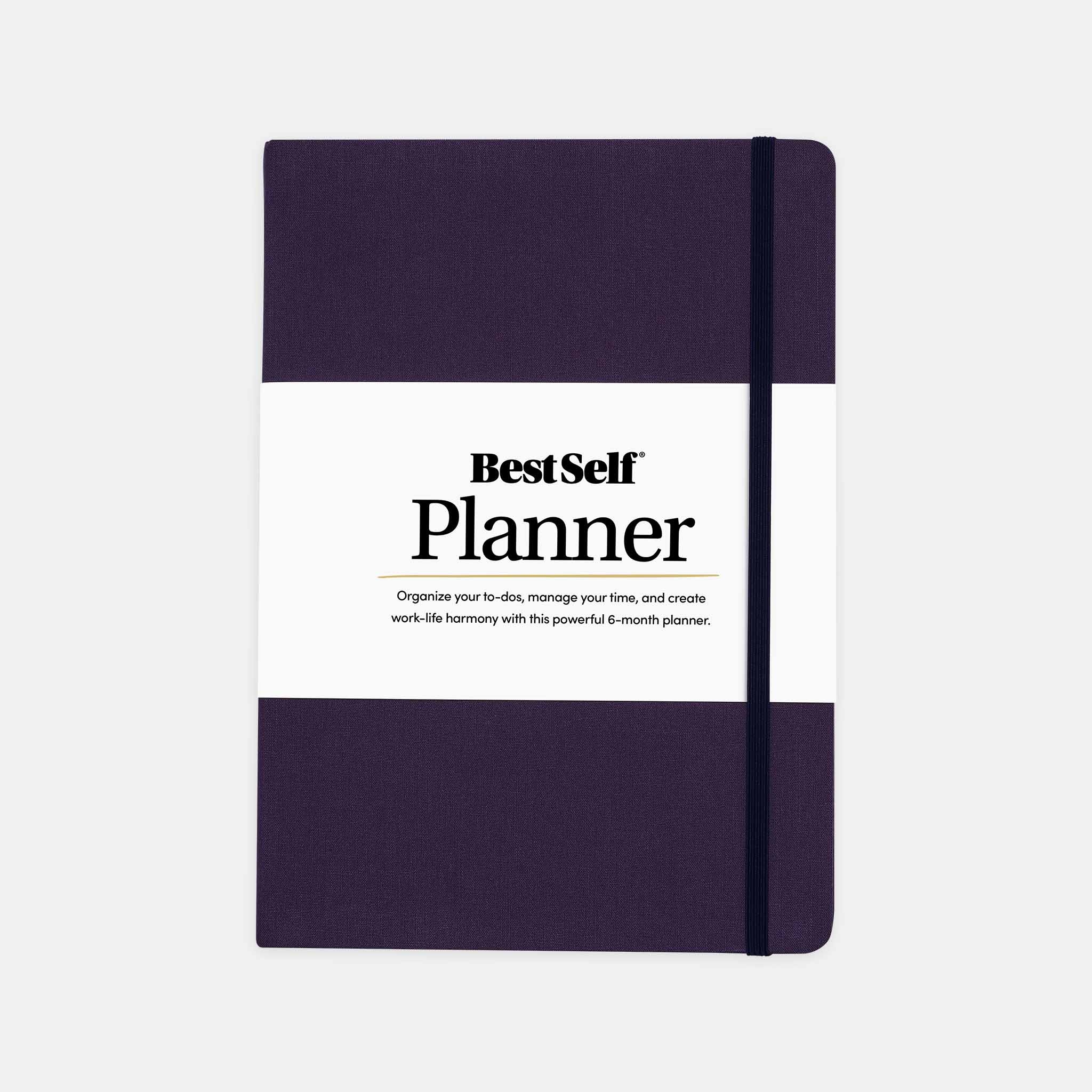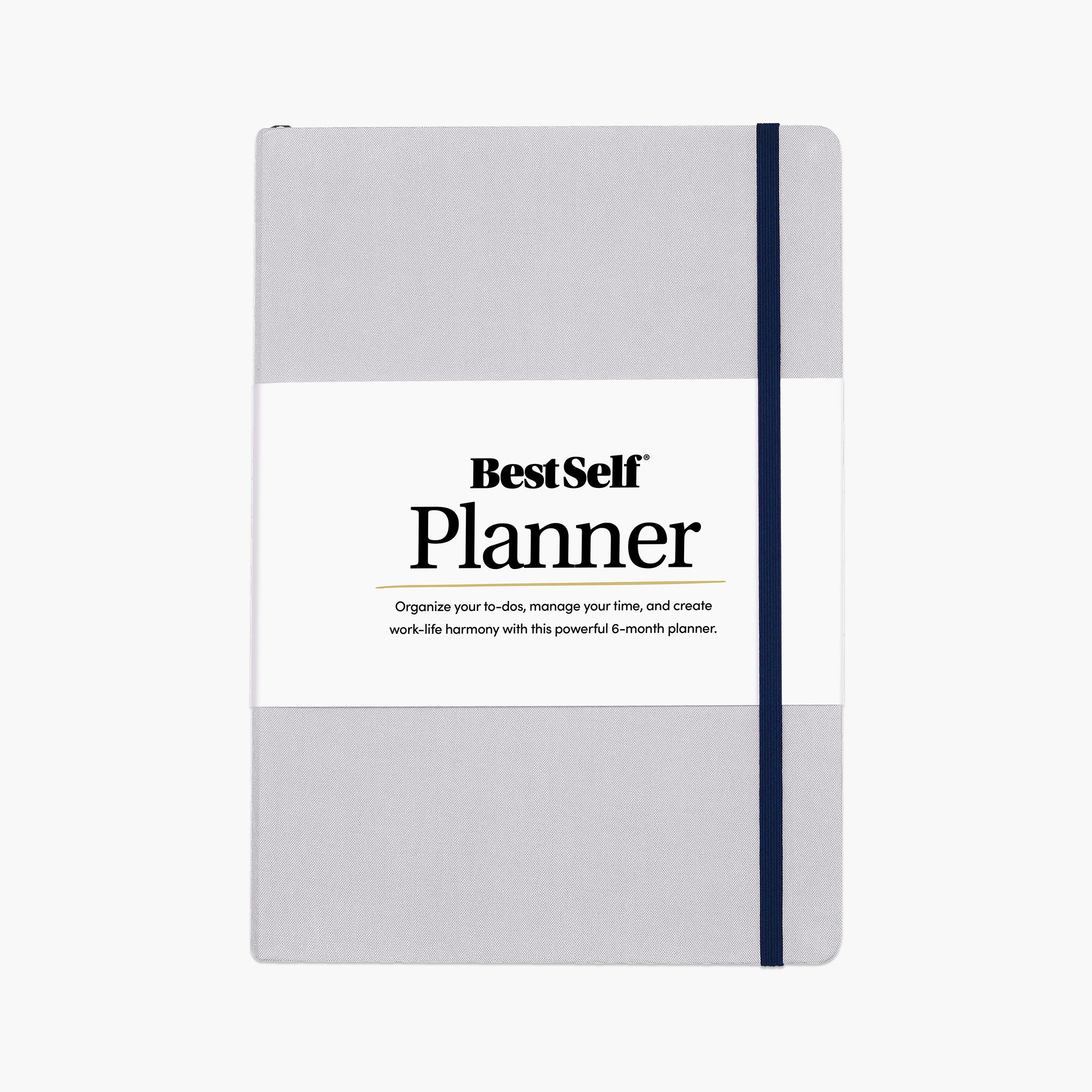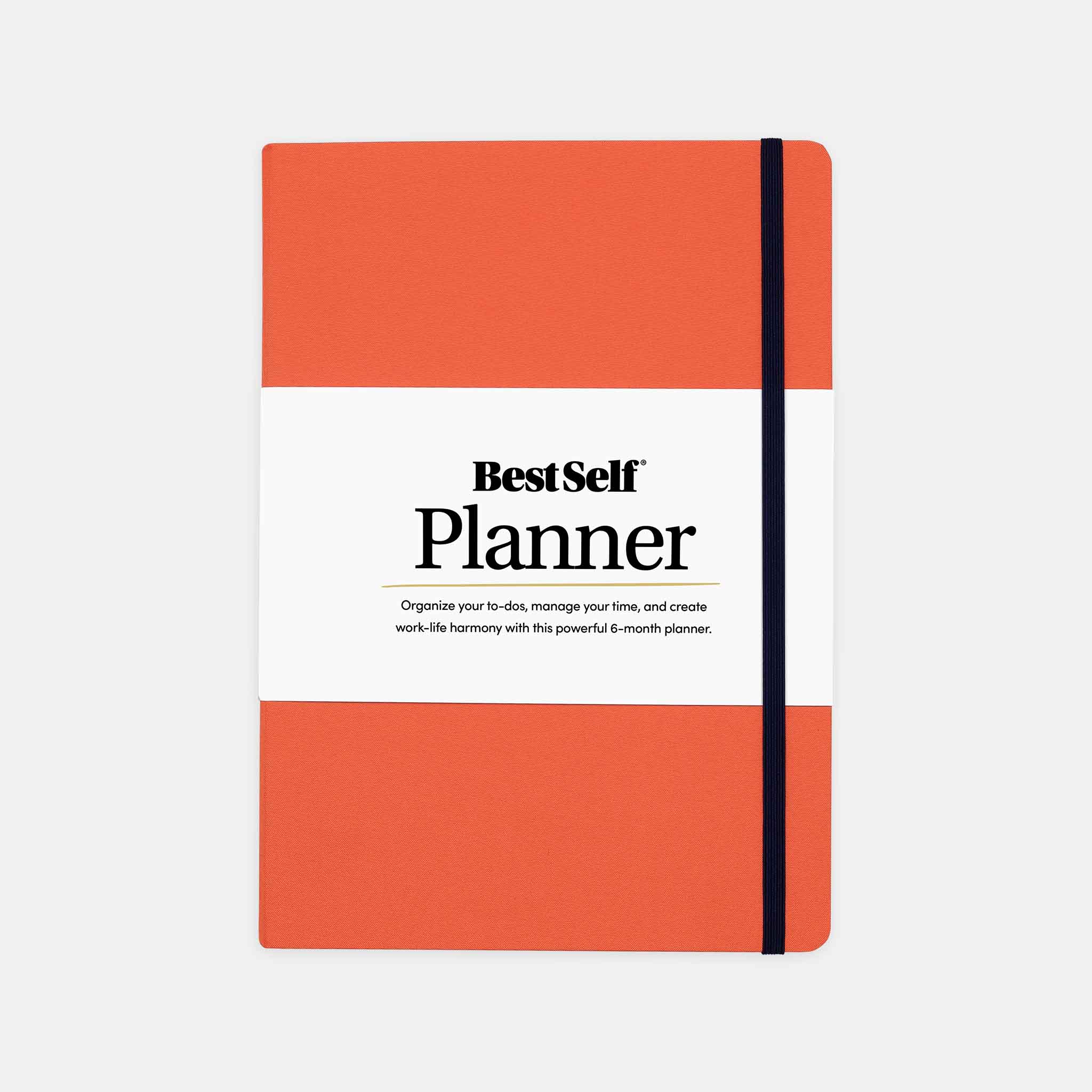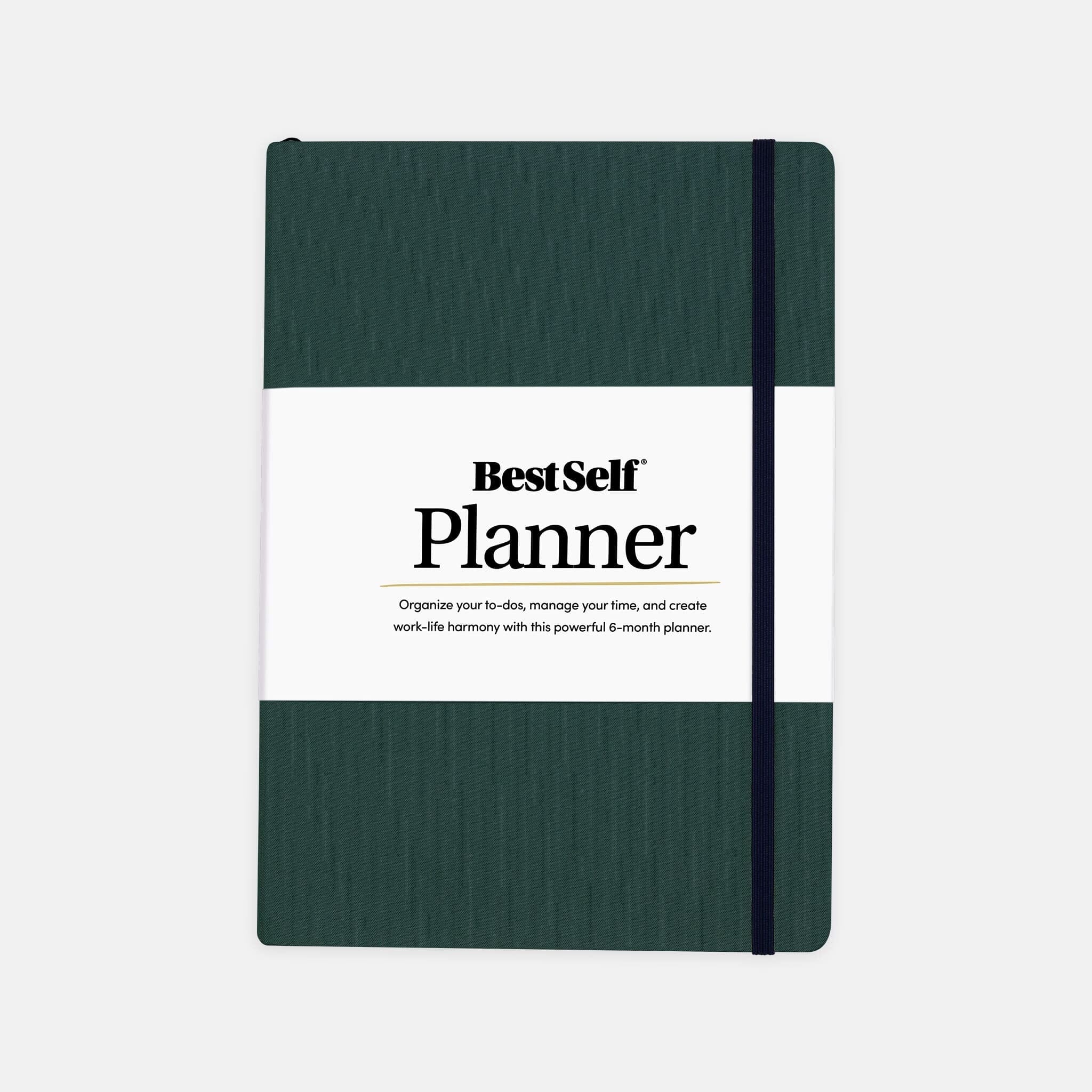Taking notes can be tough, but it doesn't have to be!
Once you get the structure down and know what to look for, it gets easier. Still the process takes time to implement into your reading habits. To help, here are ten things to remember when taking notes to ease the transition from new note-taker to efficient note-taker!
"We write to taste life twice, in the moment and in retrospect."
- Anais Nin
- Pause and take your time.
- Have Intent, decide what you're looking for.
- Be Concise, focus on what matters.
- Categorize so you know what's what, at-a-glance.
- Be Yourself in your notes, make them uniquely you.
- Log Page Numbers to find deep dive information quickly.
- Keep your notes Close at Hand for quick reference.
- Review your notes for takeaways and meaning.
- Next Steps planning transforms reading into action.
- Storage and Reference for your notes is vital.
Pause
Read the section, or chapter before you take notes. This will sharpen your notes and give you time to contextualize the content. Once you have context summarizing and drawing out the key points is a breeze.Have Intent
Ask yourself, what do you hope to gain from reading your chosen book? Do you want ideas, knowledge, inspiration? Clarify your intention before you start reading. It will focus your note-taking and ensure they are tailored to your reading goal.
Be Concise
Ask yourself, what are the subjects and verbs of what you are reading. This will help you focus on central information. Resist the temptation to write everything down. Note-taking is all about keywords and triggers that will jog your memory when you review the notes later.
Categorize
Try organizing your notes with coding. You could use symbols, colors, indents, or all three! Whatever helps you visualize what you wrote down. The idea is to quickly find what you need at-a-glance.
Be Yourself
Note-taking is organic. We all have our own style, so feel free to use highlighters, different colors, or even stickers to personalize your notes. Where you can, associate information with things you already know by heart. The association will do wonders for strengthening recall.
Page Numbers
Note page references for all your key points to ensure you can easily jump right to the page in a book. This will help when you create an accurate bibliography to avoid plagiarism! Page numbers also give you a sense of the big picture structure of the book. That will come in handy when you get down to planning study sessions.
Close at Hand
Get in the habit of using your notes as a bookmark - that way your note-taking space is always at your fingertips. You can’t forget a notebook if it’s in your book! If the notes are nearby, you can also review the information on the go.
Review
When you’ve finished a book, take some time to reflect back through your notes and record a few sentences of closing thoughts. Anything that lacks a sense of purpose doesn't stick. Even if what you read was assigned, you can still pull meaning from it, and you should.
Next Steps
Put your reading into practice by creating an action plan before you put the book away. How are you going to apply what you learned to your day-to-day? When do you need to study again to keep the information fresh? What information should you test yourself on later? Considering these next steps is a powerful way to ensure reading moves you forward.
Storage and Reference
Label and categorize your notes, then pick a location to store them. That way anytime you go looking for any vital information you know exactly where to look. Where will you keep yours?
There you go!
With a little setup and some intent behind note-taking, other than writing everything down. You will develop a system that helps you achieve levels of success like you've never seen. You are in control!
If not one thing is for sure, you made it this far, and that's no small feat. So keep it up, get focused, and take those notes!





